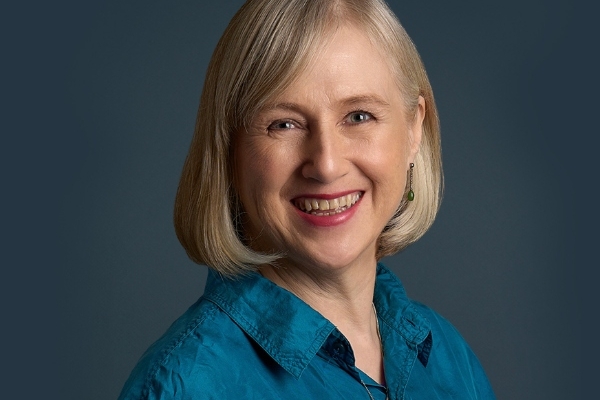Too little? Or too late?
Public Law and Judicial Review

The Court of Appeal’s judgment in Surrey County Council v R(BC) [2025] EWCA Civ 719 is a wide-ranging exploration of the law and procedure relating to challenges to decisions about care for young people brought after the event.
In a 70 page joint judgment, Coulson, Baker and Whipple LlJ explore:
- Delay in bringing a claim for judicial review
- The concept of a “continuing duty” to a person claiming to have been owed a duty under the Children Act 1989
- When the full duty arises to a young person who needs help, and when more moderate intervention can be justified
- When accommodation counts as section 20 accommodation, even if the local authority did not arrange it.
These topics will be explored in a short series of articles. To set the scene, these are the facts of the case in outline.
BC was born on 25 December 2001 so is now 23. He had a benign brain tumour when he was 9; as a consequence he has some moderate ongoing health problems. He is from a traveller background and grew up living in a caravan with his parents and siblings.
He had some issues as a child. When he was 16, he was subject to child sexual exploitation by an adult woman; he also was found to be in possession of a knife whilst under the influence of alcohol, and he had support from the local authority under their Early Help Services.
He moved out of the family caravan in 2018, living with his older sister for a while, but then moved back. His mother was concerned about his use of cannabis but putting her foot down led to BC moving out to live with his friend, K, and his mother.
BC, now nearly 18, applied to the local housing authority, Runnymede. They referred him back to Surrey, saying that he needed accommodation as K’s mother did not want him to stay any longer.
Surrey investigated, discovered that K’s mother was, in fact, happy to have him; spoke to his mother, who had not excluded him, and spoke to BC who said that he was happy living with K.
Surrey concluded that Early Help was what was needed, rather than accommodation under the Children Act 1989. BC was referred to drug support and offered help finding training.
In October, he was found by the Police, extremely drunk and threatening suicide, although once he had sobered up he could not remember why. His Youth Worker picked him up from the hospital and took him back to K’s house, which he said was what he wanted. She also persuaded BC’s mother to give K’s mother some money for his board and lodging.
After another month or two, there was no further contact from BC.
It came as a surprise to Surrey to receive a letter before action from Lawstop on his behalf some 2½ years later. That letter asked Surrey to reconsider their decision not to exercise their discretion to treat him as a former looked after child – not a decision that had ever been taken.
After a series of exchanges of correspondence, BC issued proceedings on 9 August 2022: a year after that first letter before action.
Surrey defended the claim on the merits, but also contended that the delay meant that the claim should not proceed. It was listed for a rolled-up hearing before Calver J. He gave permission, and held that Surrey had accommodated BC as from October, when the Youth Worker had taken BC home to K’s house.
Both sides appealed.
The Court of Appeal has quashed the decision to grant permission. They also considered the merits of the case and overturned the Judge’s decision, refusing to find that BC was ever a looked after child.
In three articles, I will explore the Court’s decision on delay, on Surrey’s decision to use low level intervention rather than treat BC as a child in need, and as to whether BC was actually accommodated by Surrey.
Catherine Rowlands appeared for Surrey County Council.
